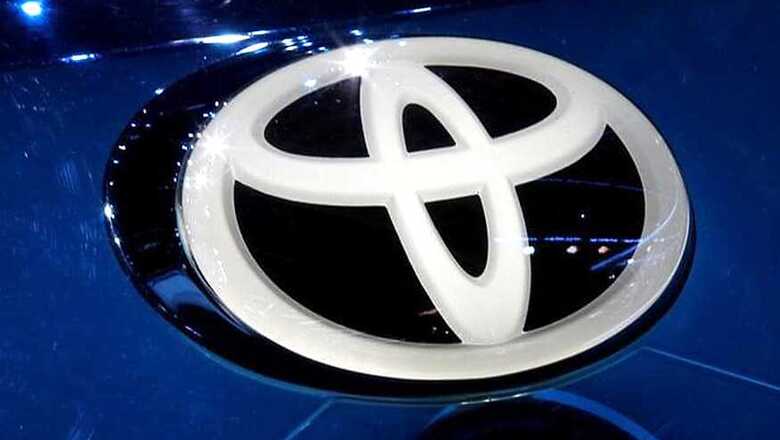
views
Japan's Toyota Motor Corp and Suzuki Motor Corp said they plan to explore a possible partnership, citing technological challenges and the need to keep up with consolidation in the global auto industry.
Toyota invests heavily in R&D for automated driving functions and artificial intelligence for mobility purposes while cost-conscious Suzuki, which specialises in affordable compact cars, has yet to announce major strategic plans on how to compete in new automotive technologies.
Both companies said that they had just begun discussing possible cooperation so nothing was decided about areas in which they might collaborate.
However, Suzuki chairman Osamu Suzuki said his firm was struggling to keep pace with the breakneck speed of R&D, telling a news conference "R&D in the auto industry is changing rapidly. The future looks perilous."
A partnership between Toyota and Suzuki would be the latest in an increasingly consolidating auto industry. Nissan Motor Co. in May announced it was planning to take a controlling stake in embattled Mitsubishi Motors Corp.
A partnership Suzuki had with Germany's Volkswagen ended on a sour note last year after the German carmaker accused it of violating their pact by agreeing a diesel engine deal with Italy's Fiat.
Toyota completed a buyout of Daihatsu Motors earlier this year. The world's largest automaker by vehicle sales in 2015 said last week it will set up a company with Daihatsu to focus on emerging markets.
Suzuki, Japan's fourth-largest automaker, competes fiercely with Daihatsu in the domestic market and dominates the Indian market through its majority stake in Maruti Suzuki India Ltd. Both firms concentrate on smaller vehicles.
Toyota and Suzuki said there was a need for increased industry cooperation to keep pace with rapid changes in the global auto industry, where automakers and technology companies are competing to develop self-driving cars and new mobility services.
"The technology race in the auto industry has been escalating at a pace we've never seen before," Toyota President Akio Toyoda told reporters.
"In a situation like this, there are limits to what any one company can do on their own ... partnerships are becoming increasingly important."
The companies said they would continue to compete and would be open to collaborating with other companies.
CLSA analyst Christopher Richter said that Suzuki could benefit from gaining access to Toyota technology.
But citing Suzuki's past experience with Volkswagen, he added that he saw the possibility that the firm, headed by the outspoken 86-year-old Suzuki, one of the longest-serving executives in the global auto industry, may be unlikely to heel to a much bigger partner.
"VW was very much a manager which liked to be in control, and so is Toyota. Meanwhile, Suzuki wants to march to its own step."
"Suzuki is very protective of its independence."
He added that a difference in corporate culture at Toyota, which has long had resources to spend on new technologies, and Suzuki, whose success has been driven by its knack for cost cutting, may pose challenges to a partnership.Also Read: Honda and Yamaha Explore Collaboration for Small Scooters in Japan

















Comments
0 comment